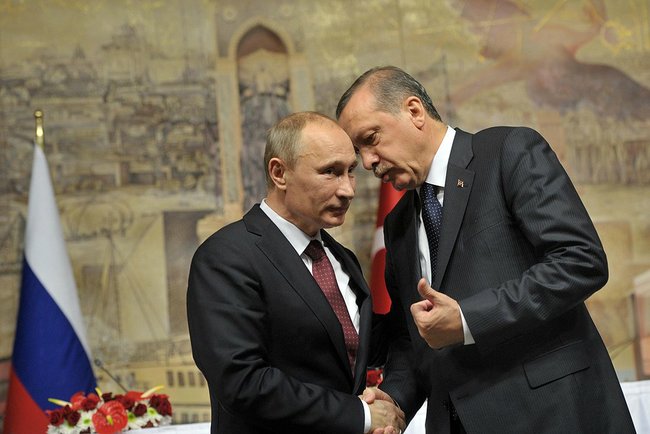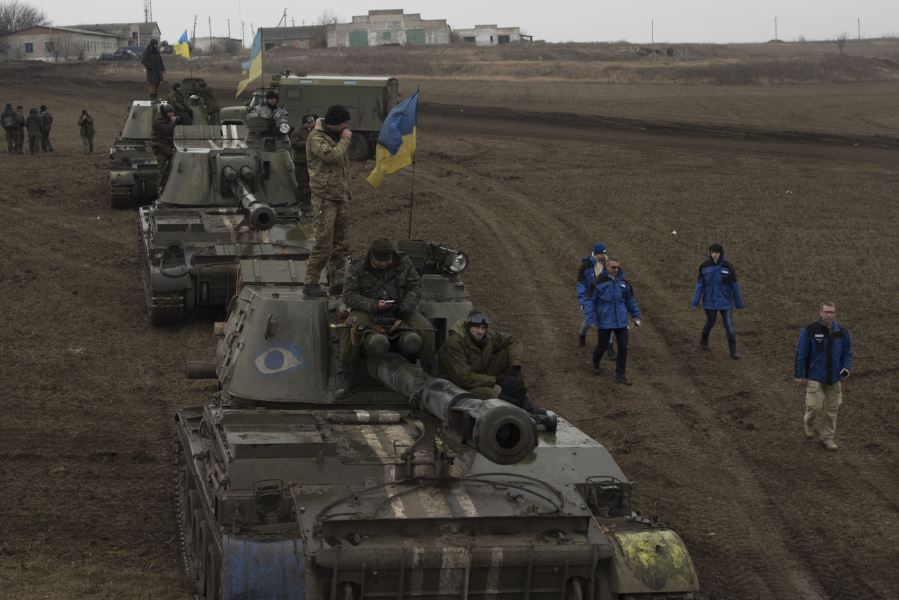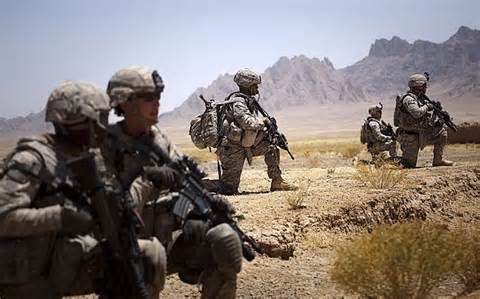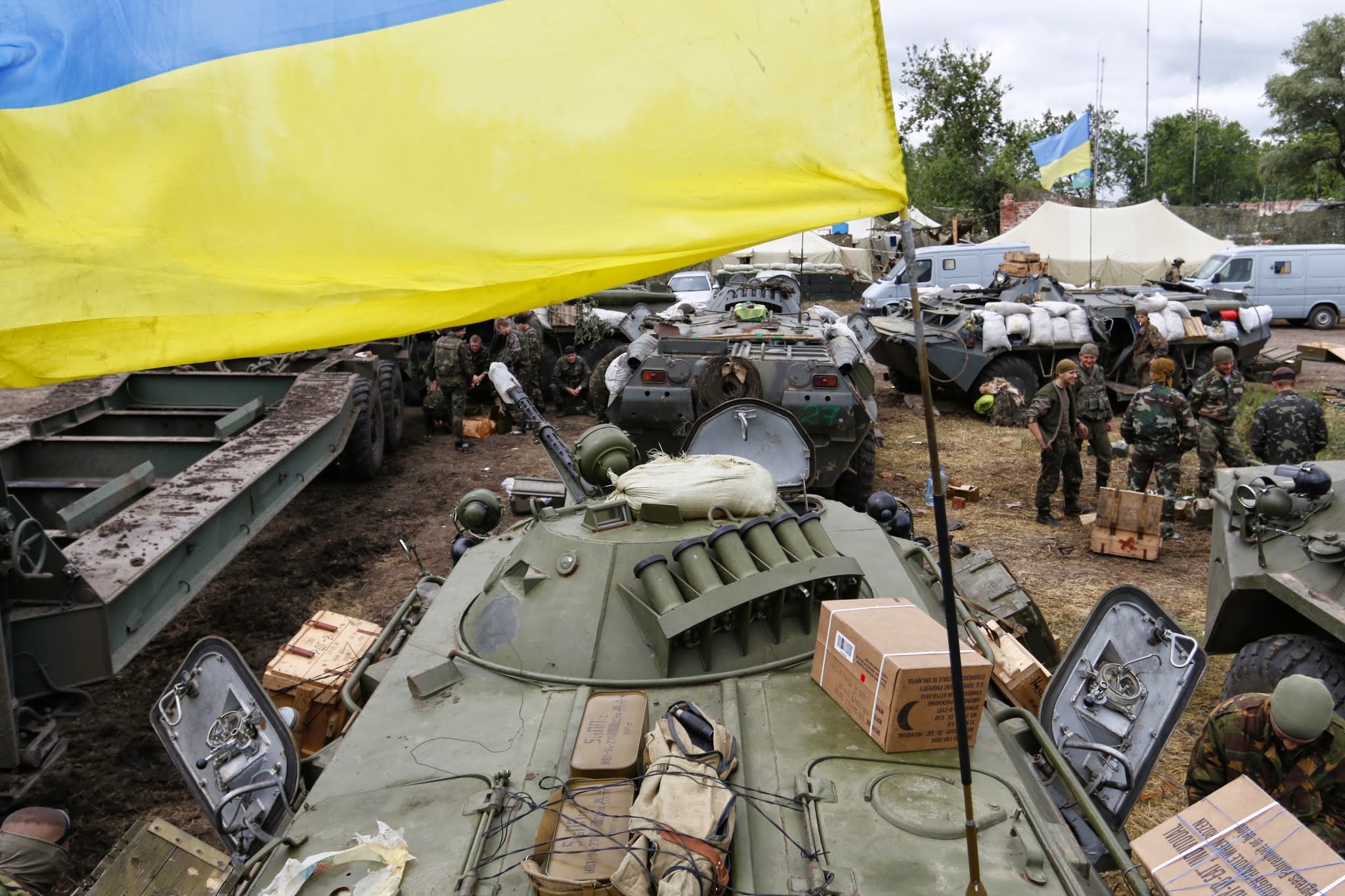Recently, the political relationship between Russia and the Western powers, especially NATO, has been one of deep distrust. The feelings of political and diplomatic uncertainty have been creeping closer to a boiling point and are most evident from the events that took place on Tuesday, November 22, 2015.
Turkish fighter jets took down a Russian warplane that Turkey has claimed entered its airspace. While Russia has denied Turkish claims, NATO secretary Jens Stoltenberg has called for “calm and de-escalation.” However, at this point NATO backs Turkish claims completely. Russia and Turkey represent two opposing sides of the Syrian civil war. While Russia backs Assad to fight ISIS, Turkey backs the American coalition, again, to fight ISIS. However, both sides have been unsuccessful in their efforts to fight ISIS and it can be argued that Syria is a new proxy war between NATO allies and Russia.
Russia has been trying to support Assad’s army in Syria and has therefore been more focused on attacking the Syrian rebel forces. They have failed to properly attack IS groups.
President Barack Obama and French President Francois Hollande have been hoping to create a coalition with Russia, especially after ISIS attacked a Russian passenger jet over Egypt earlier this month. There has been an effort to create a unified action against ISIS, however, the incident with Turkey casts doubts on such an agreement’s coming to fruition. When Turkey called upon NATO, Russian President Vladimir Putin was greatly disturbed. Immediately after the Russian jet was shot down as he stated:
“instead of immediately making the necessary contact with us, the Turkish side turned to their partners in NATO for talks on this incident. It’s as if we shot down the Turkish plan and not they, ours. Do the want to put NATO as the service of the Islamic State?”
This statement by Putin only validates the declining diplomatic relations between Turkey and Russia.
NATO and other western states were already feeling a strained relationship with Russia due to its annexation of Crimea and obviously, its support of the Assad regime. On the other hand, Russia also faces pressures from Turkey after the Russian bombings of Turkmen tribesmen in Syria (who are poised against the Assad regime), especially after Turkish pleas to stop the attacks. The political drama between these powerful states is far too deep to be a productive effort against ISIS and has the potential of creating another power vacuum in the State of Syria.




